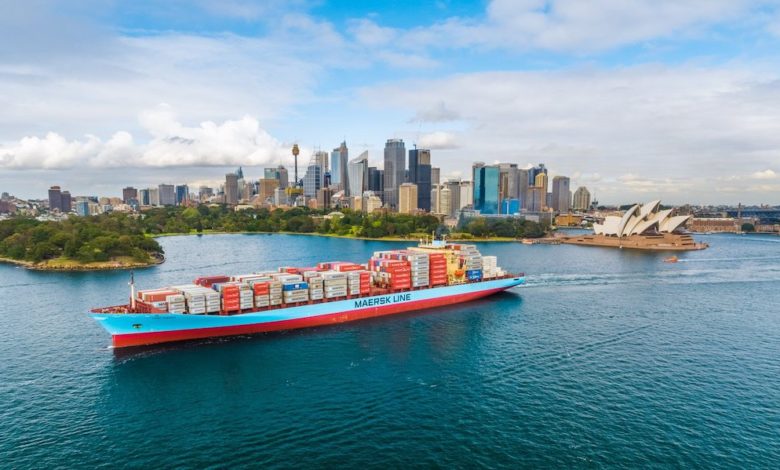Alliances, consortiums and cartels

Alison Cusack, principal lawyer at Melbourne-based Cusack & Co, on the ramifications Down Under of Joe Biden’s decision to target global liners.
Containerlines have been forming alliances for decades. The argument has always been in the name of efficiency of scarce resources to provide a measure of certainty to customers by way of weekly / fortnightly guaranteed services.
At various times these alliances have come under fire from various governments undertaking enforcement activities – the European Union, Japan, Australia being the most recent examples. Now at the State of the Union address this week president Joe Biden has placed US anti-trust reviews firmly on the agenda in the wake of increasing costs and worsening reliability; issues all physically represented by the long line of ships waiting at anchor at Long Beach for the spectacular aerial photos.
So what if President Biden announces consortiums now equal cartels?
The underpinning issue with liner agreements is that these agreements must be registered in each country that service calls. If the US is off the menu, what is the impact around the globe?
This was a very real question faced in Australia around 2016 with the collapse of Hanjin, the purchase of NOL by CMA CGM and the ever increasing pot of cargo held by the top carriers.
The increased scrutiny of the car carriers (resulting in a culmination of $60m in penalties by Australian enforcement agency ACCC) led to many discussion groups being abandoned and increased compliance training. Australia is a small market which does not supply enough cargo per carrier for a weekly service for the size of ships we see. Furthermore, vessel arrival windows are fixed for up to five years in advance with the stevedore of choice, a complex logistical plan between all carriers and all ports along (usually) the east coast of Australia.
From this experience the market can anticipate the following two market scenarios if POTUS bans carrier alliances:
- Shuttle Service / Consortia Services (excl US)
Consortiums could continue to run but omit US ports (usually Oakland or Los Angeles) and handle all US import / export cargo via direct shuttles between transport hubs and the US ports. This will lead to increased transhipments, handling, potential for damage to cargo, delays. Unknown is whether this “shuttle” ship will run on a set service or on an ad-hoc (tramp) service. The vessel may stay at anchor until there is enough cargo piled up at the wharf to sail fully laden, resulting in customers being unable to plan their JIT cargo imports or their time sensitive and perishable exports. Alternatively, there may be a weekly / fortnightly service and the premium to run the service empty or under loaded will be priced into the freight accordingly. - Solo Services.
The larger lines attempt to run a service on their own to maintain the current port call rotation and preserve their port call windows. With the increased vessel size outstripping demand these services which are currently weekly may drop to fortnightly / every three weeks depending on how many vessels the line will allocate that service. The duration of a round trip can easily be 35 days. Not many customers are going to be able to adjust to a ship arriving once every five weeks.
Snapshot of Australian Services potentially impacted:
Maersk – PANZ PSW Loop / OC1
MSC – Oceania Loop
CMA CGM – PCX / Southpac
Is abolishment necessary?
Shipping as a complex industry is still understood by few, particularly in government. There are enforcement measures that already exist, levers to pull. We know the market operates best when it has stability, so let’s provide it.

Conferences? Cartels? Consortia? Spot the difference.
This all looks like meddling in commercial/market driven activities which for sure do need regulatory boundaries. The implications of interference look set to provoke an even worse position for shippers and receivers.